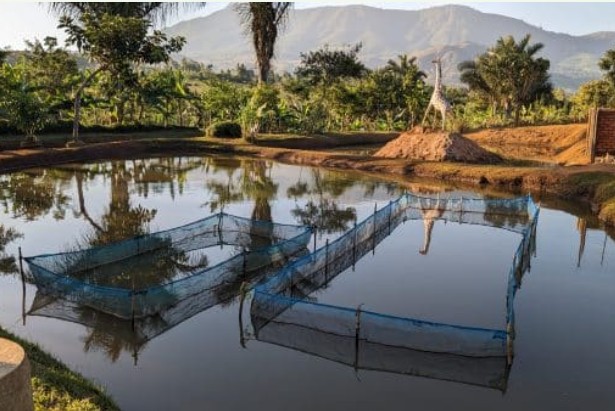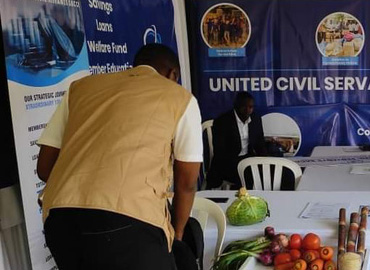(IAAM) Integrating aquaculture-agriculture Malawi Project
The IAAM project aims to combat food insecurity in Malawi by increasing the productivity and income of small-scale food producers through the integration of aquaculture and agriculture. The project focuses on developing economically sound and environmentally friendly small-scale, low-cost aquaculture-agriculture production systems. It also strengthens the role of small-scale producers and small-and-medium sized enterprises in value chains, especially those that are women-led.
Role of SACCOs
SACCOS play a crucial role in the IAAM project by providing financial services to small-scale farmers and fishers. These services include savings and credit facilities, which can help farmers to invest in their businesses and improve their livelihoods. SACCOS also provide training and education to their members on financial management and business development. This can help farmers to make informed decisions about their businesses and to improve their financial performance.
In addition to providing financial services, SACCOS can also play a role in linking farmers to markets. This can help farmers to sell their products at fair prices and to improve their incomes. SACCOS can also provide farmers with access to inputs, such as fish feed and fingerlings. This can help farmers to increase their production and to improve the quality of their products.
The IAAM project is expected to have a significant impact on food security in Malawi. By increasing the productivity and income of small-scale farmers and fishers, the project will help to reduce poverty and hunger. The project will also help to improve the livelihoods of women, who are often disadvantaged in the agricultural sector.
Key activities for SACCOs and MUSCCO on The Project
Key Activities for SACCOs:
- Financial Services:
- Savings Mobilization: Encourage regular savings among members, promoting a culture of thrift.
- Credit Disbursement: Provide loans to members for aquaculture and agriculture-related activities, including:
- Purchasing inputs (fish feed, fingerlings, seeds, fertilizers)
- Investing in infrastructure (pond construction, irrigation systems)
- Expanding production capacity
- Financial Literacy Training: Educate members on financial management principles, budgeting, and risk mitigation.
- Market Linkage:
- Identify and Connect with Buyers: Facilitate connections between members and buyers of aquaculture and agricultural products.
- Collective Marketing: Explore opportunities for collective marketing to improve bargaining power and access to better prices.
- Market Information Dissemination: Share information on market trends, prices, and demand to help members make informed decisions.
- Capacity Building:
- Business Skills Development: Provide training on business planning, record-keeping, and financial analysis.
Key Activities for MUSCCO:
- Capacity Building:
- Provide Technical Assistance: Offer technical support to SACCOs on financial management, risk management, and other operational aspects.
- Conduct Training Programs: Organize training programs for SACCO staff and board members on various topics related to the project.
- Develop Training Materials: Create and disseminate training materials and resources to support capacity building efforts.
- Governance and Management: Strengthen the governance and management capacity of SACCOs through training and mentorship.
- Loan fund management
- Financial Inclusion:
- Promote Access to Finance: Work with SACCOs to increase access to credit and other financial services for project beneficiaries as SACCO members.
- Develop Financial Products: Develop and promote innovative financial products tailored to the needs of aquaculture and agriculture businesses.
- Monitoring and Evaluation:
- Monitor the progress of the project and evaluate the impact of interventions.
- Collect data and analyze information to identify areas for improvement and make necessary adjustments.



